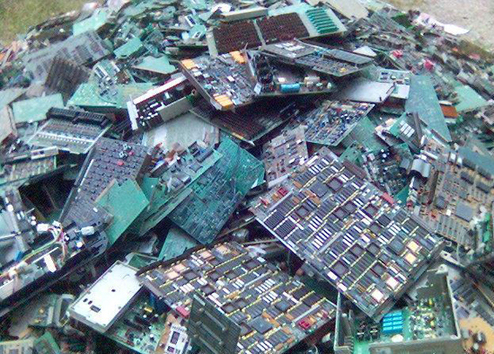Singapore, 2 Feb 2018 – The Singapore government will be requiring electronic goods producers and possibly even retailers to collect the products they sell and ensure that they are recycled or disposed properly. E-waste is electrical and electronic equipment of any kind that has been discarded.
Under such an approach known as Extended Producer Responsibility (EPR), the government will set collection targets for these companies, which if not met could attract fines, but there will be a transition period given for these companies.
Singapore is looking at regulation for the sector in order to manage growing e-waste. In Singapore alone, 60,000 tonnes of e-waste are produced each year, half of which comes from industrial. This figure is growing 5% every year, according to the National Environment Agency (NEA).
A recent study by the United Nations University, a research arm of the United Nations, also showed that Singapore produced the second-highest volume of e-waste in the region at 19.95 kg per capita in 2015 while Hong Kong was the top e-waste dumper, at 21.7 kg per capita.
Over 60 countries in the world has implemented legislation for e-waste disposal. In 2016, Humans generated a staggering 44.7 million metric tonnes of electronic waste (e-waste). The trend is set to continue, with volumes of e-waste expected to rise to 52.2 million metric tonnes by 2021. Asians generated a per capita average of 4.2 kg of e-waste in 2016. Asia, with its growing economies, accounts for more than 40% of the e-waste generated globally. Discarded electronic items are sources of high-value materials including gold, silver, copper, platinum and palladium, estimated to be worth about US$65 billion in 2016.





































